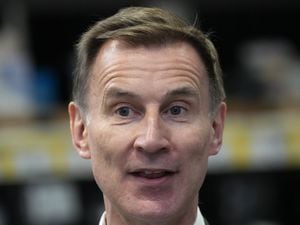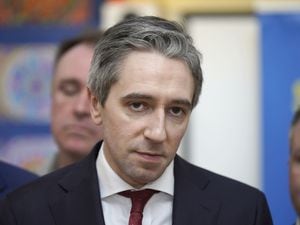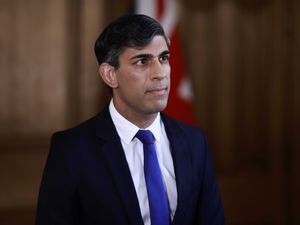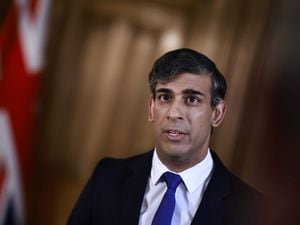EasyJet hopes to be back to nearly full capacity by end of financial year
Over the past 10 weeks customers of the airline have booked 6% more tickets than they did in the same period two years ago.
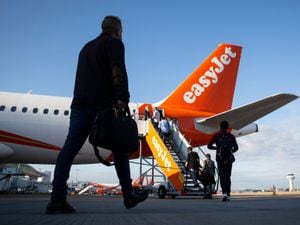
Airline easyJet hopes to be back to carrying nearly as many customers at the end of this financial year as it did before the pandemic.
The budget flight provider also revealed on Thursday that it had reduced losses over the six months to the end of March.
It said that pre-tax loss hit £557 million over the half-year period, down from £645 million a year earlier.
“EasyJet has reduced its losses year on year, at the better end of guidance,” said chief executive Johan Lundgren.
“The pent-up demand and removal of travel restrictions provided for a strong and sustained recovery in trading which has been further boosted as a result of our actions.”
The business said that it will put nearly as many seats on sale in the last three months of this financial year as it did in 2019. Capacity on sale will be 97%, it said.
And the hopes of selling them look good. Over the past 10 weeks customers of the airline have booked 6% more tickets than they did in the same period two years ago.
“We have transformed the airline during the pandemic which has enabled us to emerge with renewed strength, underpinned by a product, network and service that customers really value,” Mr Lundgren said.
This has included moving planes to different routes in better performing markets.
“Since Easter we have been flying up to a quarter of a million customers and 1,600 flights every day and in the second half leisure and domestic capacity will be above 2019 levels,” the chief executive said.
“It has been well documented that the industry is experiencing some operational issues so, as you would expect, we have been absolutely focused on taking action to ensure we have strengthened our operational resilience for this summer so we can deliver a great, reliable operation to our customers.”
The business has managed to weather the massive spikes in price for jet fuel in recent months.
In the last year the price of a tonne of fuel has almost doubled, to 762 dollars (£617), easyJet said.
Yet the cost of the fuel bill that easyJet had to pay for every seat on the planes that took off was actually nearly a fifth lower. The business said it had bought enough fuel ahead of time to withstand the big hikes.
On a call with reporters, Mr Lundgren conceded this might change as its forward buying positions unwind.
“We are in a good place as you can see versus competitors… but you are absolutely right that this will be coming towards us like all other companies in terms of the costs,” he said.
But ultimately, even if prices need to go up, easyJet could benefit as its higher-cost competitors look less attractive to customers squeezed by higher costs of living.
“easyJet has always performed well relative to others in the time of recession because people will be much more concerned about value for money,” he said.

